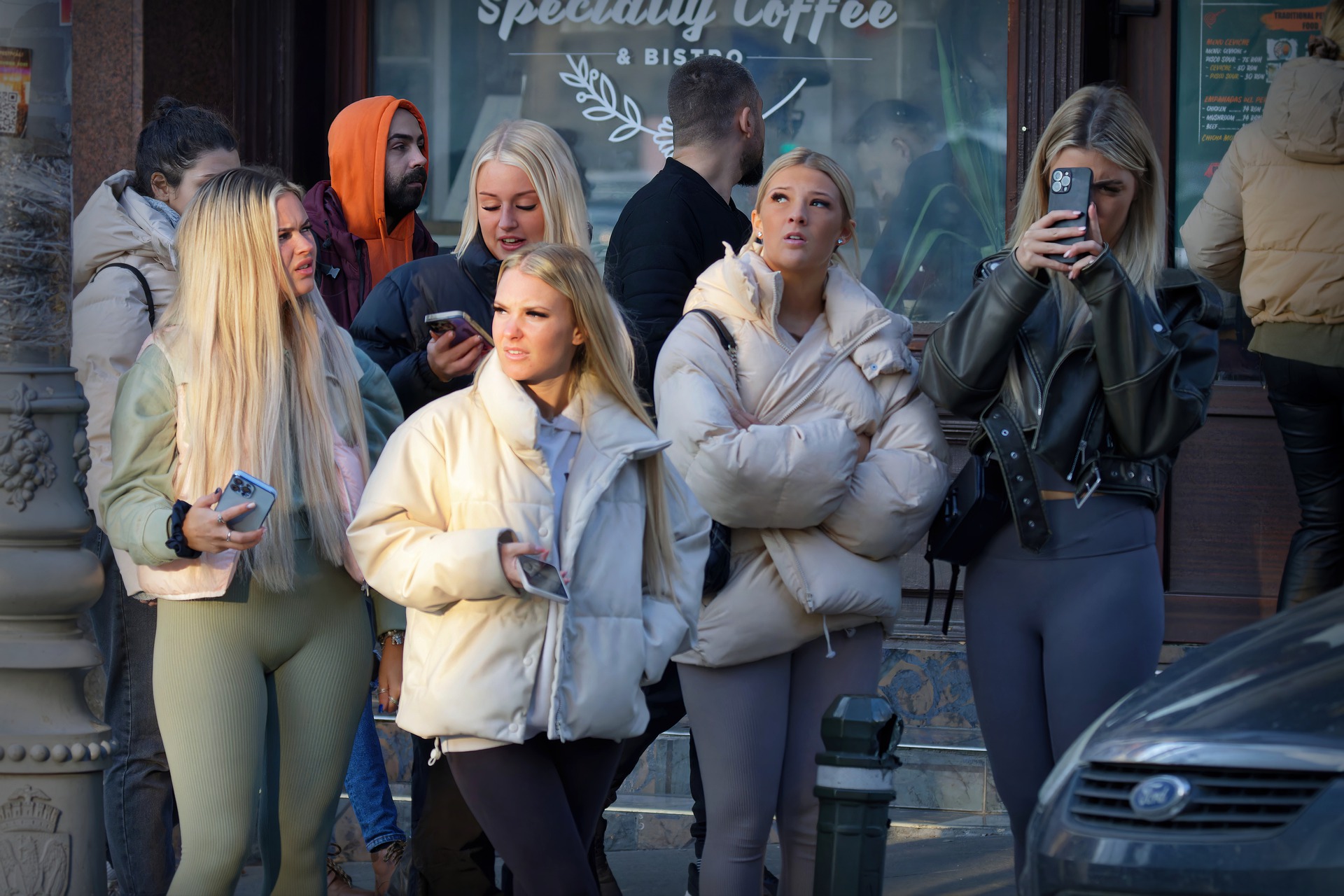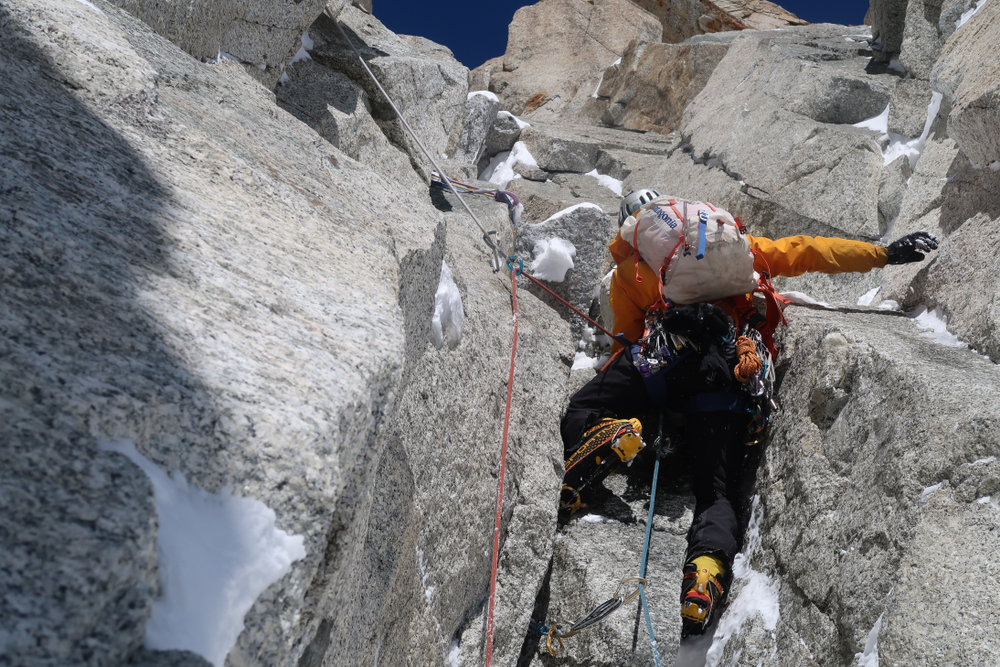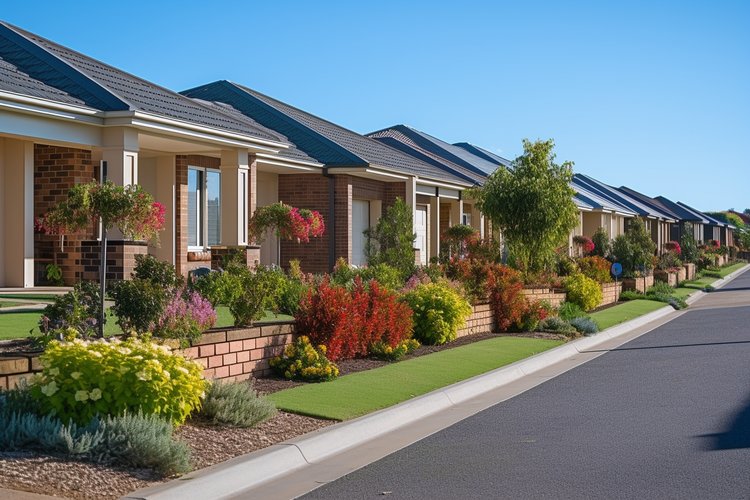The Emergence and Influence of Slow Living in a Fast-Paced World
Introduction: In an era where speed and efficiency are prized, a counter movement is gaining momentum - the Slow Living movement. This article delves into its origins, societal implications, and why it is resonating with people today. Read below to understand more about this cultural phenomenon that is shaping our modern society.

Back to Basics: The Genesis of Slow Living
The Slow Living movement traces its roots back to the Slow Food movement that began in Italy in the 1980s, as a protest against the opening of a McDonald’s near the Spanish Steps in Rome. Over time, this philosophy extended beyond food, encapsulating an approach to life that emphasizes quality over quantity, mindfulness, and a return to a simpler, more organic way of living.
The Speed of Modern Life: A Catalyst for Slow Living
The current attraction to Slow Living can be linked to the fast-paced, technology-driven modern society. The relentless pursuit of productivity and efficiency is leaving individuals feeling overwhelmed, stressed, and disconnected from their surroundings. In this context, Slow Living emerges as a soothing balm, inviting people to pause, reflect, and engage more deeply with the world.
The Cultural Shift: Embracing the Slow
Adopters of Slow Living are consciously choosing to step off the high-speed treadmill of modern life. They are seeking out slower, more meaningful experiences - be it through slow travel, slow food, or slow fashion. This trend is shaping new cultural norms that value sustainability, mindfulness, and a deeper connection with nature and community.
Societal Implications: The Impact of Going Slow
The rise of Slow Living is driving significant changes across various sectors. In the food industry, it is promoting local, organic, and sustainable produce. In fashion, it is challenging the fast fashion culture and advocating for fair trade and ethical production. It is encouraging a return to traditional crafts, a more balanced work-life approach, and a reconnection with nature and community, heralding a shift in societal values and behaviors.
The Future of Slow: A Sustainable Approach to Life
The Slow Living movement is not about rejecting modern conveniences but finding balance in a world that seems to be always in a hurry. As an increasing number of people embrace this philosophy, it has the potential to influence societal norms and values in a way that promotes a more balanced, mindful, and sustainable way of life.
In conclusion, the Slow Living movement is a response to the frenetic pace of modern society. Its rise signals a desire for a more balanced, meaningful, and sustainable lifestyle. As such, it is not just a trend, but a cultural shift that is shaping our societal values and behaviors. Its influence on various sectors underscores its potential to shape a more sustainable future, making it a significant sociological phenomenon worthy of our attention.






